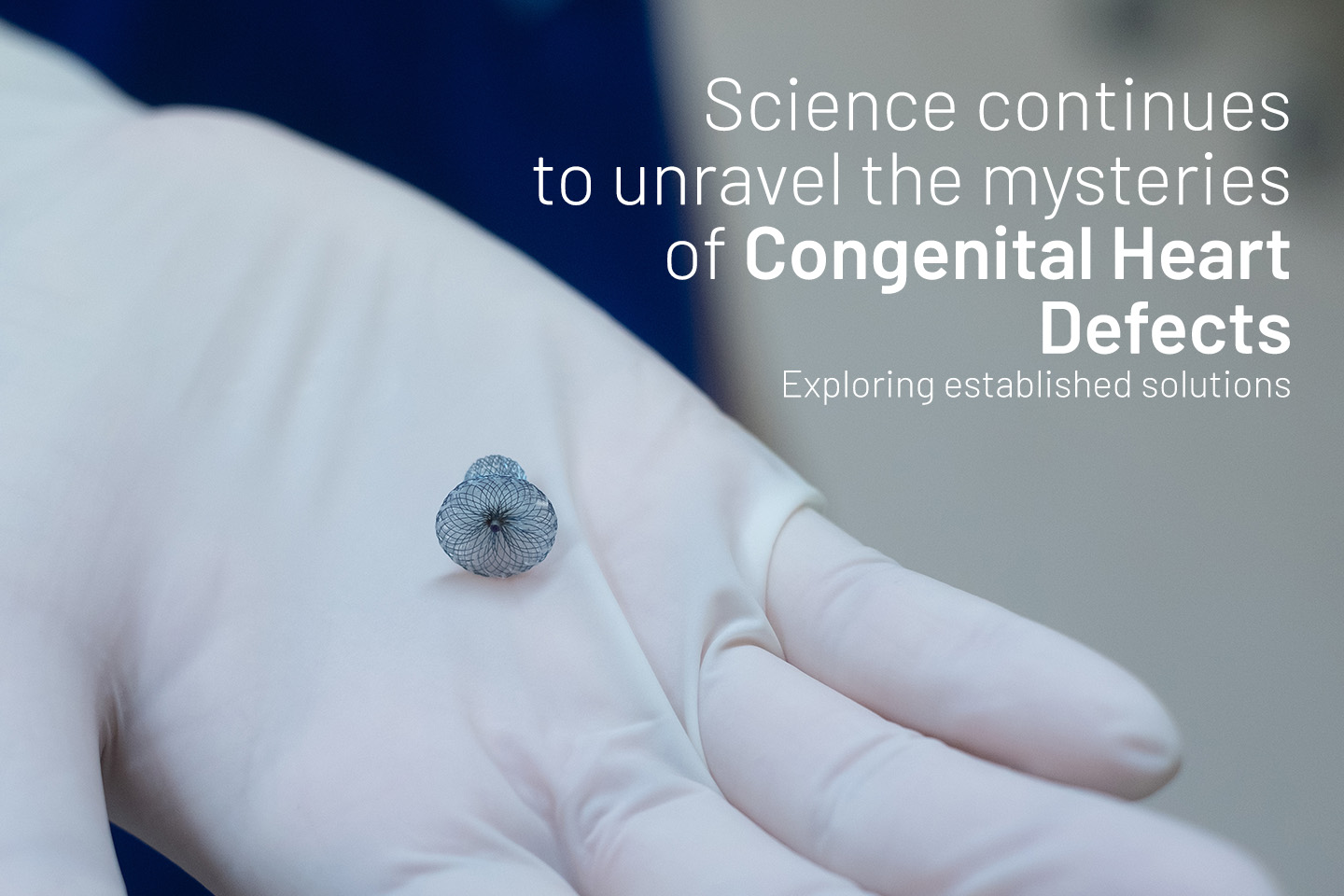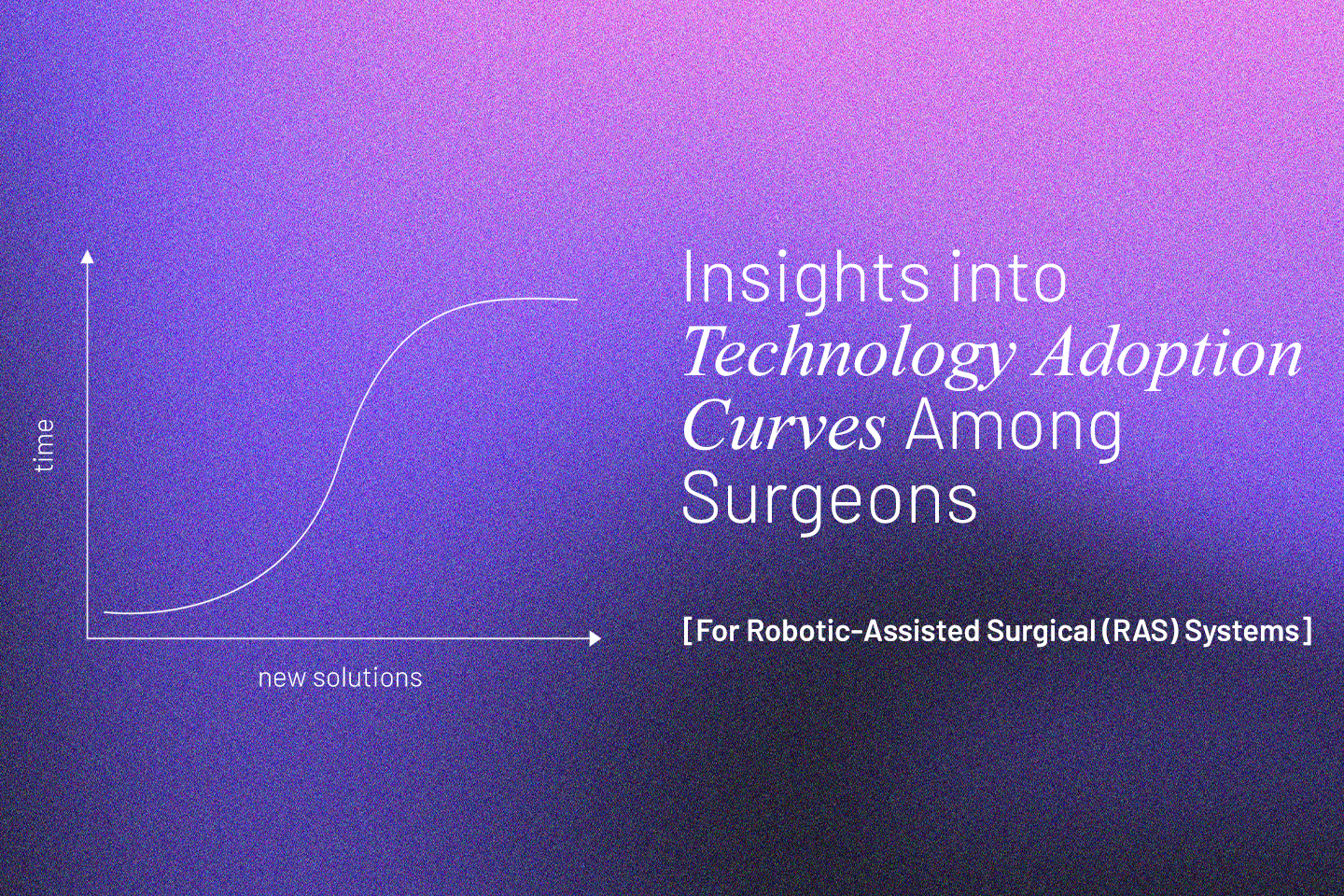Medical Devices
Stent - What is a Heart Stent?

What is A stent
A stent is a tiny tube like structure that is used in treating heart diseases due to blocked blood vessels. It helps in keeping your blood vessels open, which supply blood from the heart to the entire body including the muscles of the heart. Majority of the stents are composed out of wire mesh and are permanent in nature. Some stents used for bigger blood vessels are also composed from fabric and are termed as stent grafts. A different class of stents are manufactured from materials that get dissolved or absorbed over time in the body. They are coated with medicines that gradually get released into your blood and prevent your arteries to get clogged.
Why a stent is required?
In case fats present in the body get collected inside an artery, it can decrease flow of blood to your heart itself and can lead to chest pain and eventually cause a heart disease. Also, the accumulated fat or plaque can form a blood clot disturbing the blood flow to your heart and may even lead to a heart attack due to tissue death in the affected area (Myocardial Infarction). Stents decrease your subsequent risk of heart disease and can even treat a myocardial infarction (heart attack) which is in progress. Process of stent implantation: Your doctor will first make a small incision in a blood vessel located in your abdomen, arm or neck to insert a stent in your body. He then inserts a small tube known as a catheter through the vessel to the artery which is clogged.
The tube contains a tiny balloon at its end, that your doctor will inflate in your clogged artery. This process will widen your artery and restore the blood flow through the deprived portion. The stent will then be placed inside the artery and rest of the contents (balloon and catheter) will be taken out. The placed stent will keep the artery open to keep the usual blood flow. The entire process is estimated to last only an hour but mostly, you will be required to stay in the hospital for a night for observation of any adverse events.
Risks may include:
- Hemorrhage at the spot of tube insertion.
- Blood vessel damage at the time of insertion.
- Infection.
- Arrhythmia.
- In rare cases (1-2%), people implanted with a stent may develop a clot at the site of stent placement, increasing the risk of a heart attack or stroke. This risk is maximum during the first couple of months post procedure. Hence, your doctor will recommend you to take aspirin or any other blood thinners to prevent clot formation.





